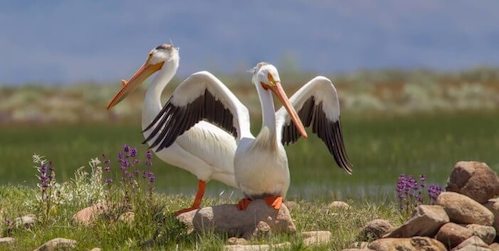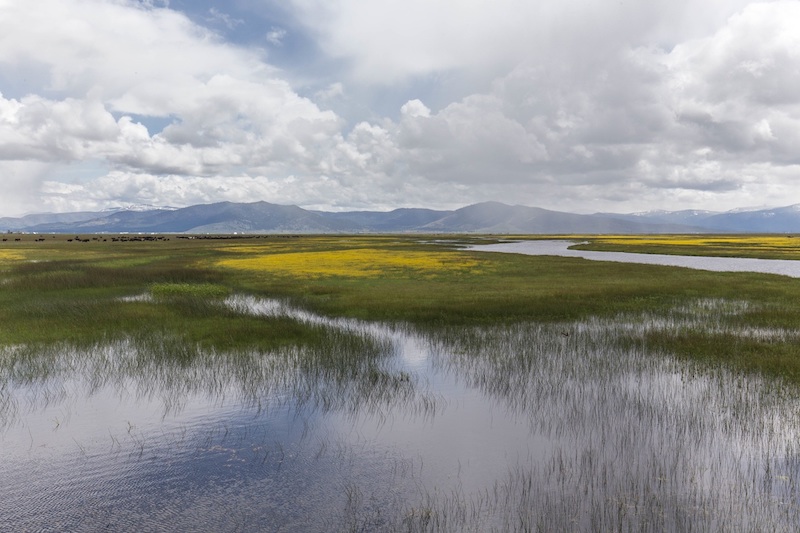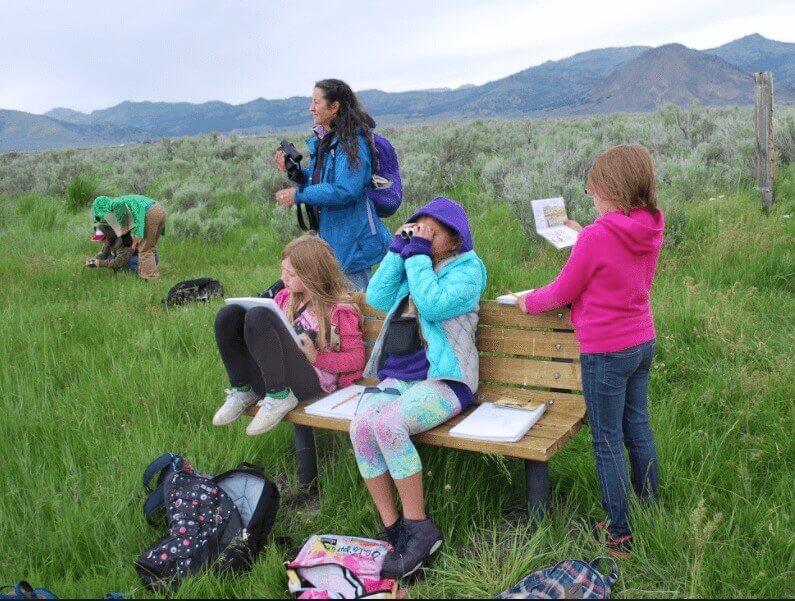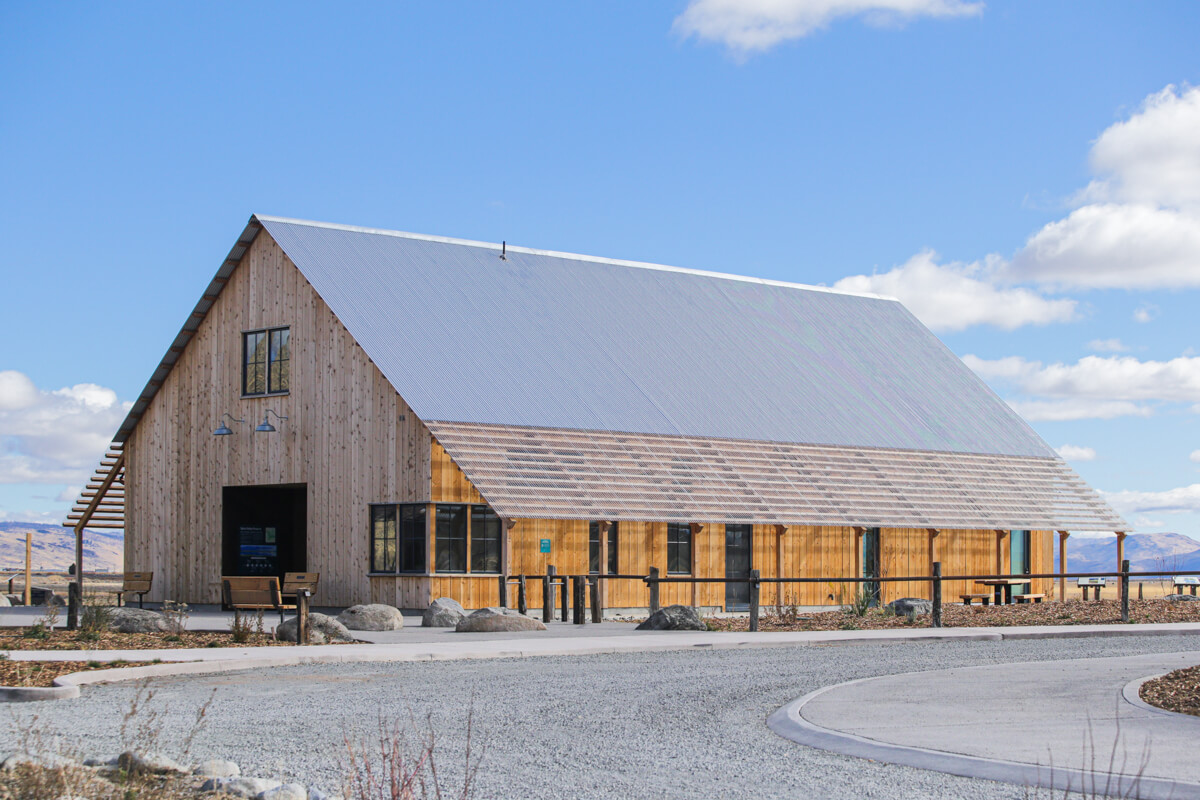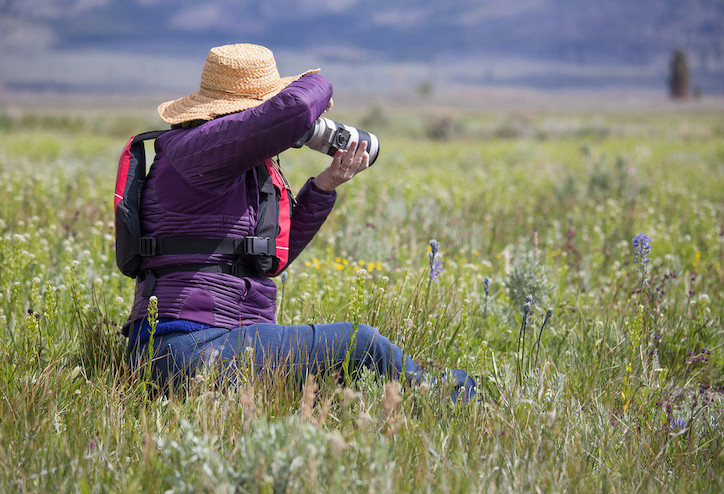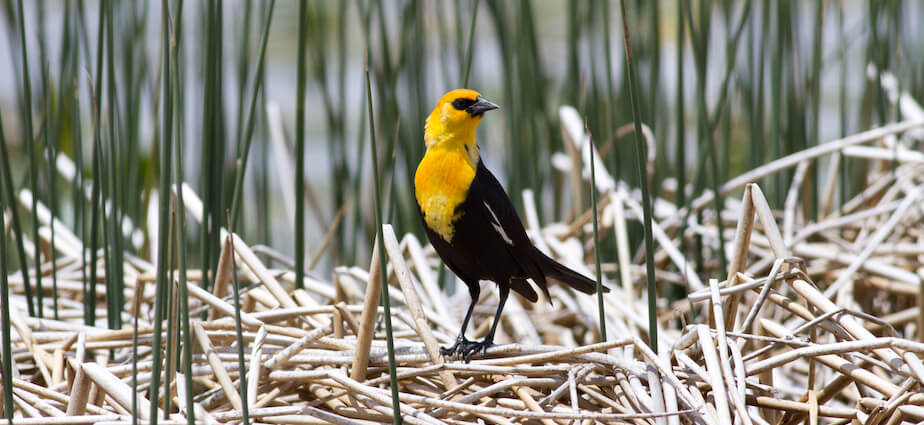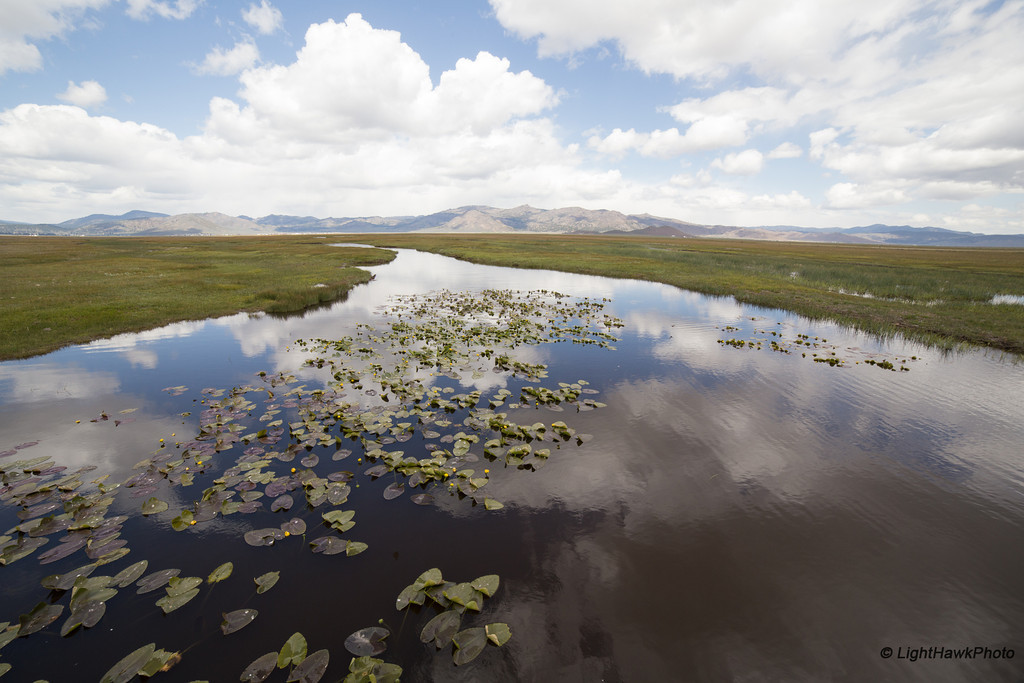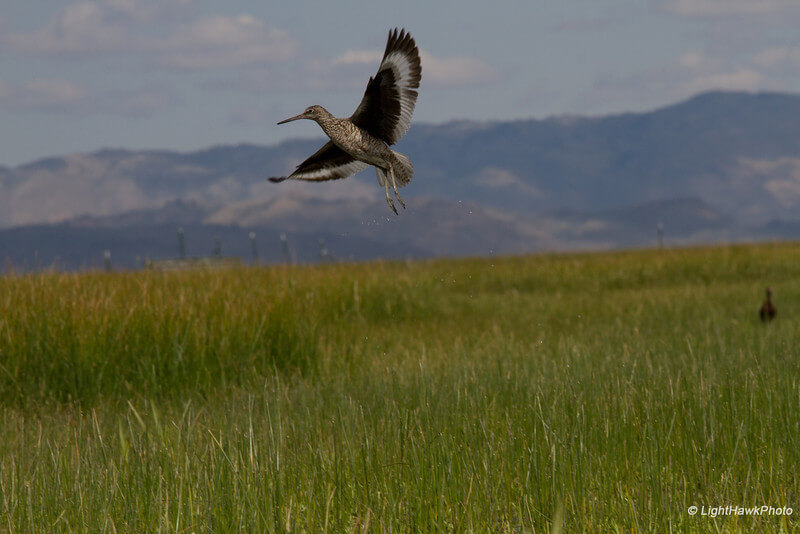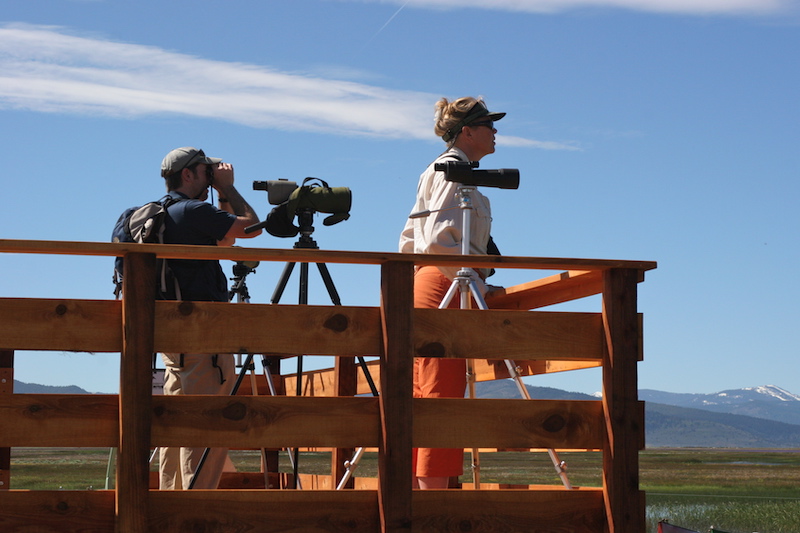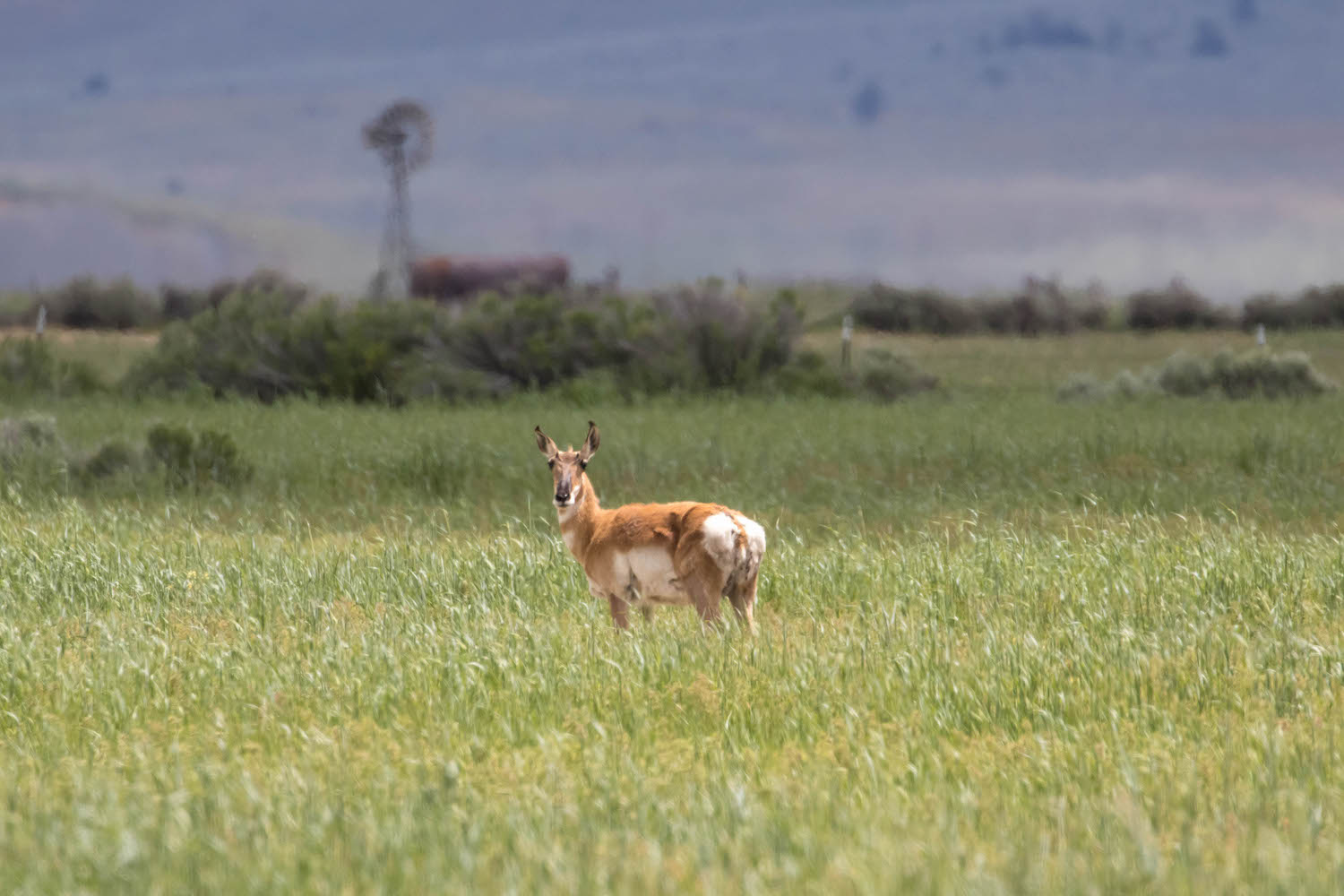Holiday Hours: The Sierra Valley Preserve Nature Center will be CLOSED Thursday January 1. The Nature Center will be OPEN Friday through Sunday, 1/4, from 10am to 4 pm.
About Sierra Valley Preserve + Nature Center
At the North Entrance, visit the Nature Center, learn about Sierra Valley’s unique ecology and cultural importance, and join us for events for all ages. Nature Center hours: Thursdays through Sundays, 10am to 4pm.
At the West Entrance, learn about the remarkable diversity of plants in Sierra Valley, visit the Mountains Overlook, and see an early 1900s ranch house. Hike the new Westside Wetlands Trail to the Nature Center (2 miles).
At the East Entrance: follow a short, accessible trail to a wildlife overlook perched over the wetlands.
Nature Center Hours: Thursdays through Sundays, 10am to 4pm, free and open to the public.
495 Beckwourth-Calpine Road (Co. Road A23)
Beckwourth, CA 96129
Upcoming special hours: The Nature Center will open at 11am on Sunday 12/21. The Nature Center will be CLOSED Thursday, December 25th and Thursday January 1st. The Nature Center will be OPEN 12/26-28 and 1/2-4, from 10am to 4pm.
Outdoor areas and trails: East and West Entrance: Open sunrise to sunset, year-round. North Entrance: Open 10am to 4pm, year-round.
It takes a community to protect this important place. The Sierra Valley Preserve is a unique landscape with abundant wildlife, plants, and cultural resources—some of which are rare and fragile. Please help us take care of this special place by reading all the guidelines below.
Parking: At all entrances, please park in the designated parking area.
Camping: Camping and overnight parking is prohibited.
Accessibility: The North and West Entrance have ADA compliant parking and accessible sections of trail with beautiful views of the wetlands and wildlife habitat. If you have a disability and would like a gate code for ADA access to the parking and trail beyond the West Entrance primary parking lot, call (530) 283-1793. Have general questions about accessibility and terrain? Call (530) 283-5745 to speak with staff at the Sierra Valley Preserve Nature Center.
Motorized Vehicles: No motorized vehicles beyond the parking areas.
Trails: Please keep foot traffic to paths and trails. Horses and bikes are not permitted beyond the parking areas.
Restrooms: There are public toilets at the Nature Center, and seasonal port-o-potties at both West and East Entrances
Pets: Dogs are not permitted in the Nature Center, in the plaza/terrace areas, on trails, or anywhere outside of the designated parking/trailhead areas at each entrance. Dogs are now permitted on leash on the paved access road on the North Entrance of the Sierra Valley Preserve, known as Austin Road. Please pick up after your pet and bring appropriate supplies. Dog poop bags are NOT provided at the Preserve. Trash cans are available at the North Entrance. Leaving poop or (worse) poop in a plastic bag on the ground is not acceptable. Please help ensure a safe and clean environment for all of our visitors.
Trash: Please pack out your trash. No trash receptacles on the trails.
Smoking: Smoking is prohibited.
Fires: Fires are prohibited.
Events: Permits are required for all organized group events. Please email Public Programs Manager Jenna Holland at jholland@frlt.org with your full name, contact info, and a short description of your group/event. (No weddings or other large private events at this time.)
The preserve’s 2,575 acres have a rich variety of habitats including montane meadows, dynamic wetland channels, and upland areas of sagebrush scrub, ancient dunes and spring wildflowers.
The Preserve is a key stopover on the Pacific Flyway. Its seasonal and perennial wetlands provide migratory and breeding habitat for sensitive species such as Greater Sandhill Cranes, Black Tern, Redhead, White-faced Ibis, and 200+ pairs of Yellow-headed Blackbirds.
Over 4 miles of family-friendly interpretive trails meander through the Preserve, offering amazing 360-degree views of mountains near and far.
- Nature Center and North Entrance: Experience interactive exhibits and interpretive trails and learn about Sierra Valley’s unique ecology and cultural importance. Follow the 2-mile Westside Wetlands Trail all the way to West Entrance
- West Entrance: Follow the botanical trail to the historic Bulson House and along the Bluff Trail to take in wetland and meadow vistas.
- East Entrance: Walk a short interpretive trail through to the wetland-edge bird viewing platform and picnic spot.
Directions
The Preserve offers year-round public access from three different entry points. Each entrance has ADA compliant parking, restroom, and trail (East Entrance re-opening Spring 2025).
Nature Center and North Entrance directions from Highway 70
495 Beckwourth-Calpine Road (A23)
Beckwourth, CA 96129
Drive south on County Road A23 (Beckwourth-Calpine Road) for 0.8 miles. Look for a driveway on your left (entrance). Enter and park in the designated parking area.
West Entrance directions from Highway 70
Drive south on County Road A23 (Beckwourth-Calpine Road) for 2.7 miles. Look for a large gate and sign on your left (entrance). Enter and park in the designated parking area. A kiosk features a property overview map and highlights.
East Entrance directions from Highway 70 Beckwourth, CA
Drive south on County Road A24 for 1.75 miles to the wooden corrals on your right. Park in the turn-out/parking area (foot traffic only beyond the gate). The trail to the wildlife overlook starts in the corrals.
Preserve Overview Map
Download a map of the preserve to use while visiting the property.
FRLT’s Sierra Valley Preserve offers year-round public access in Sierra Valley for walking, botanizing, nature photography, birding, seasonal boating, and naturalist-led events. The Preserve offers a wildlife viewing platform, interpretive trails, and picnic areas. Visit the new Nature Center to learn about Sierra Valley’s unique ecology and cultural importance.
Birding
If you are a birder, or even just bird-curious, the Sierra Valley Preserve is the place to be! In spring and summer look for songbirds and large numbers of waders and shorebirds. In fall and winter expect to see a high density of raptors. In late winter and early spring migrating waterfowl are common too. The East Entrance of the Preserve, also known as Maddalena Property, has a birding platform with interpretive signs to help you identify birds you may see, and is an eBird hotspot.
- Spring/Summer
- American Avocet
- White-faced Ibis
- Black-necked Stilt
- Yellow-headed Blackbird
- Sage Thrasher
- Brewers Sparrow
- Greater Sandhill Crane
- Osprey
- Fall/Winter
- Rough-legged Hawk
- Northern Harrier
- Ferruginous Hawk
- Golden Eagle
- Bald Eagle
- Short-eared Owl
Get the Sierra Valley Birder’s Guidebook for a species checklist and a map to good birding hotspots.
Walking
The Preserve currently features over 4 miles of interpretive trails.
From the North Entrance, follow the Westside Wetlands Trail to the Bulson House and West Entrance.
From the West Entrance, explore wildflowers and native plants along the Rebecca Wenk Botanical Trail. Look out over the wetlands and take in big valley views along the ADA Bluff Trail. Both trails lead to the Jenner Mountain Overlook.
The East Entrance has a 3/4 mile trail leading to the bird viewing platform that is a great introduction to Sierra Valley and a casual, easy walk for most people.
The Preserve is a great place to stretch your legs and take in 360 degree views en route to other destinations, too.
Wildflowers
Located at the convergence of three geographical regions, Sierra Valley is botanically biodiverse. The interesting terrain may at first glance look like a lot of sage brush but take a closer look in the months of April through June to see flowering bitterbrush, camas, Brown’s peony, sand lilies, Sierra Valley evening primrose, meadow penstemon, irises and more.
Photography
Sierra Valley is so interesting! Is it the high desert? Is it a wetland savanna? Are those shorebirds? The Preserve is a great place to get out for big views, unique perspectives, and a landscape like no other. Early mornings and evenings can be chilly but often showcase colorful skies, mist rolling off the water, awesome cloud formations, and mountain silhouettes. Bring a zoom lens for wildlife photography and a macro lens for up-close flower and insect shots. We’d love to see what you capture! Share your photos: #SierraValleyPreserve
Road biking
Sierra Valley is a big, mostly flat valley with epic views and country roads. Park at the Sierra Valley Preserve East Entrance and head out on a road bike adventure through and around the valley. Be aware that the paved roads of Sierra Valley have little to no shoulder and are frequented by trucks, trailers, and farming equipment. While beautiful, Sierra Valley can be extremely windy and can range from very cold to very hot (sometimes within hours). Always check conditions and be self-supported and prepared for the elements. There are a couple of groups that organize rides annually—take a look online.
Kayaking/Canoeing
Boating the wetland channels of the Middle Fork Feather River is an amazing experience but also a complicated one. Because the wetlands are tremendous habitat for birds and other wildlife, being in the water may impact and disturb breeding and nesting season. For this reason, boating from the Sierra Valley Preserve is regulated seasonally. Please check our boating guidelines before planning a trip.
Located at the convergence of the Great Basin, Sierra Nevada, and Cascades, Sierra Valley is a giant mountain basin that was once an ancient Pleistocene lake. Because of its unique geography, vast water resources, and natural abundance, Sierra Valley has long been a gathering place of people and cultures. The first known inhabitants of Sierra Valley are the Washoe and Mountain Maidu, who continue to enjoy the beauty and resources of the valley today.
In 1850, African American mountain man Jim Beckwourth encountered Sierra Valley while using tribal trails to scout a new wagon train route across the Sierra Nevada. The historic Jim Beckwourth trail passes through the northern portion of the Preserve. Similar to other working ranches in Sierra Valley, the Preserve has been farmed and ranched since the late 1800s, and portions of the Preserve continue to be sustainably grazed by a local ranching family.
The Feather River Land Trust acquired the 2,575-acre Preserve over more than a decade, working with local landowners and our conservation partners, The Nature Conservancy and the Northern Sierra Partnership.
Photo by Andrew Wright/Lighthawkphoto
Photo by Andrew Wright/Lighthawkphoto
Preserve Activities
Birding
Cross Country Skiing
Events
Interpretive Trail
Nature Center
Photography
Picnicking
Road Biking
Walking
Wildflowers
Attend an event
Birding, educational talks, interactive workshops, and more!
Don't miss an update!
Get event invites and conservation news direct to your inbox
By submitting this form, you are consenting to receive marketing emails from: Feather River Land Trust, P.O. Box 1826, Quincy, CA, 95971, http://www.frlt.org. You can revoke your consent to receive emails at any time by using the SafeUnsubscribe® link, found at the bottom of every email. Emails are serviced by Constant Contact

